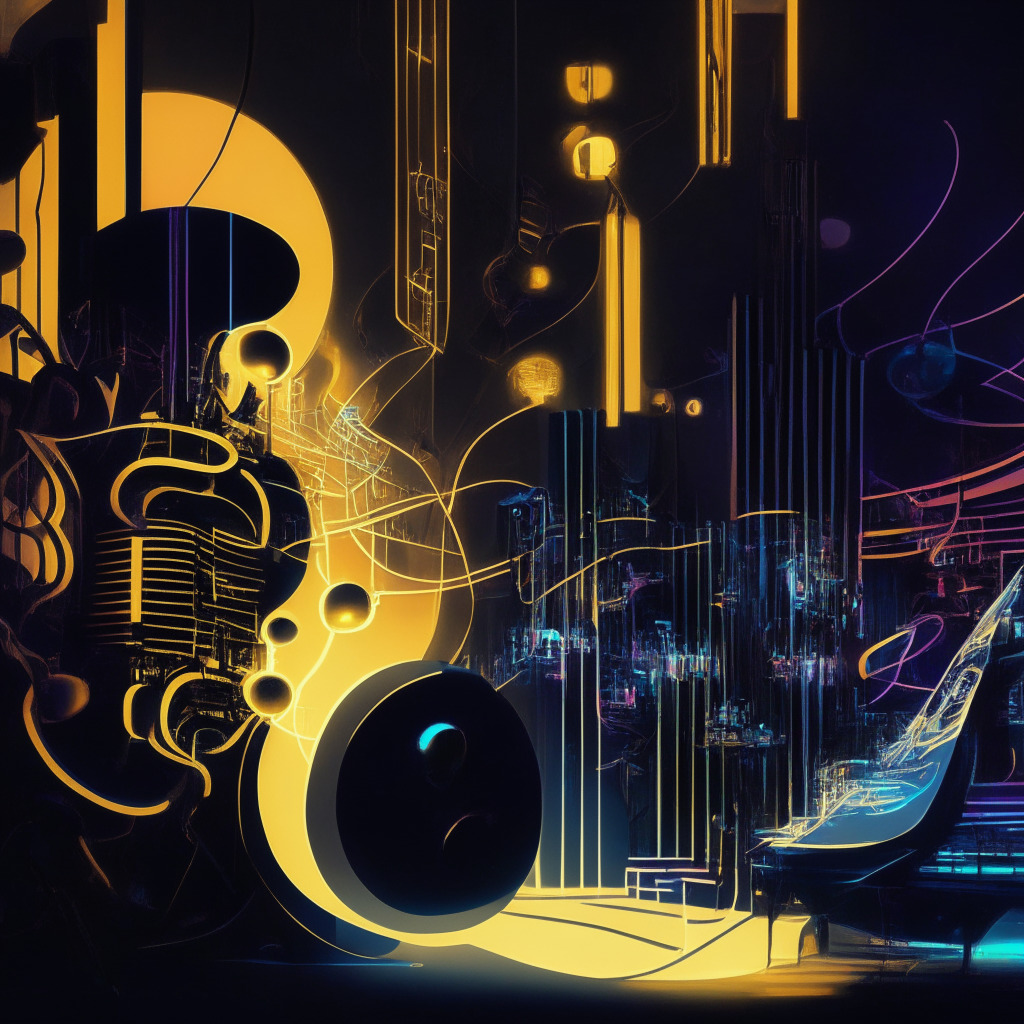The social media titan Meta has flexed its artificial intelligence capabilities yet again, introducing a suite of generative AI tools called AudioCraft, designed to facilitate seamless music creation from various inputs. The launch, which occurred on Aug. 2, pits Meta against tech giant Google and its similar tool, MusicLM.
Included in the AudioCraft suite are MusicGen and AudioGen. These models utilize text-based inputs to fabricate fresh audio creations. There’s also EnCodec, which facilitates higher quality music generation with fewer artifacts. It’s important to note that Meta has trained its MusicGen model with music it owns or has specifically licensed. This stipulation offers a protective measure amidst recent controversies surrounding training AI with copyrighted work across various artistic endeavors.
However, this catapulting into a new sphere of generative AI music tools has not been without its turbulence. Technical advancement often brushes up against legal considerations, as demonstrated by a lawsuit against Meta alleging copyright infringement during AI training. With this being a potential pitfall, it’s evident that Meta, and the tech sector at large, needs to conduct thorough and thoughtful navigation through these choppy legal waters.
Despite these challenges, Meta’s release of MusicGen and AudioGen to the research community and developers shows promise for both music enthusiasts, novices, and professionals alike. The company envisions the models becoming useful to the wider music industry as it develops more advanced controls. This leaves us to imagine a future where MusicGen morphs into a new form of musical instrument, reminiscent of the advent of synthesizers.
Notably, Meta’s suite of generative AI music tools launch comes on the heels of Google‘s introduction of a similar tool, MusicLM. But in this dynamic race for AI dominance, Meta has been keeping pace, consistently releasing new AI tools, including their Aug. 1 launch of AI chatbots equipped with personalities.
While Meta’s anticipated advance into the music industry has been met with a mix of excitement and skepticism, it is undeniable that the foray signals exciting possibilities for both the music creation process and the AI development landscape. Whether or not Meta will harmoniously integrate its AI tools into the existing musical scene remains to be seen, but for now, one thing is clear – the move is yet another testament to the transformative power of artificial intelligence.
Source: Cointelegraph




